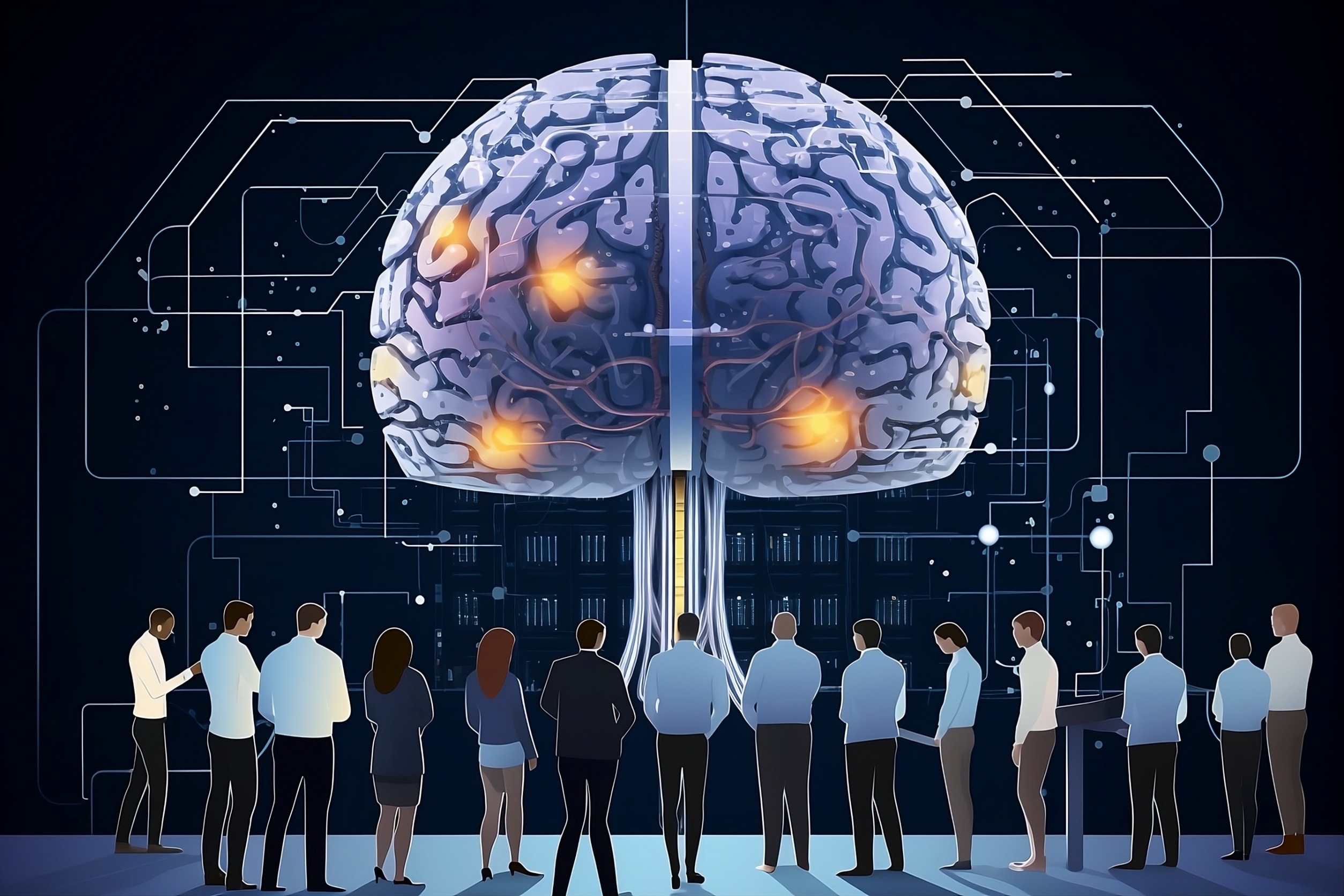Does the AI workplace need human intelligence?
- Champa Ha

With persistent worry and anxiety about artificial intelligence (AI) and automation affecting jobs, there is often much discussion if human interference or even intelligence would still be needed in the current workplace.
The conclusion? According to Jessica Kriegel, Chief Scientist of Workplace Culture, Culture Partners, what employees are going to see is a structural shift from job roles and descriptions to breaking things down into tasks, especially for white-collar professionals. Tasks that require essential human intelligence skills like critical thinking, problem-solving, communication and empathy.
“AI will augment it (my job) by handling more routine, repetitive tasks and enabling me to focus on higher-impact work,” Kriegel shared with Forbes. “Humans are needed for their expertise, judgment, and abilities that AI lacks. Understanding how to best collaborate with and harness AI is what will make employees more future-proof.”
While leadership (especially those in the C-suite) are still grappling with understanding or embracing AI, employees are also apprehensive and wary of the technology, arguing that AI automation would necessitate fewer employees. Kriegel opines that for effective workplace adoption, there is a need for openness amongst leaders to foster an engaged, trusting workforce, as well as a need for a shifting, adaptable mindset towards change.
READ MORE: AI training revolution: Upskilling for a new era
“You have to be willing to adapt, shift and learn new things—even though it’s hard—because that’s how you stay relevant,” she explained, suggesting that employees should leverage AI products to empower yourself with information about AI and how it can affect job tasks, then experiment and apply AI tools on lower-impact tasks to build your skills.
“At an individual level, proactively identifying where automation could help one’s job and pitching ideas to management can set employees apart,” said Kriegel. By embracing AI’s possibilities, she concluded, organisations and individual employees will stand to flourish.






